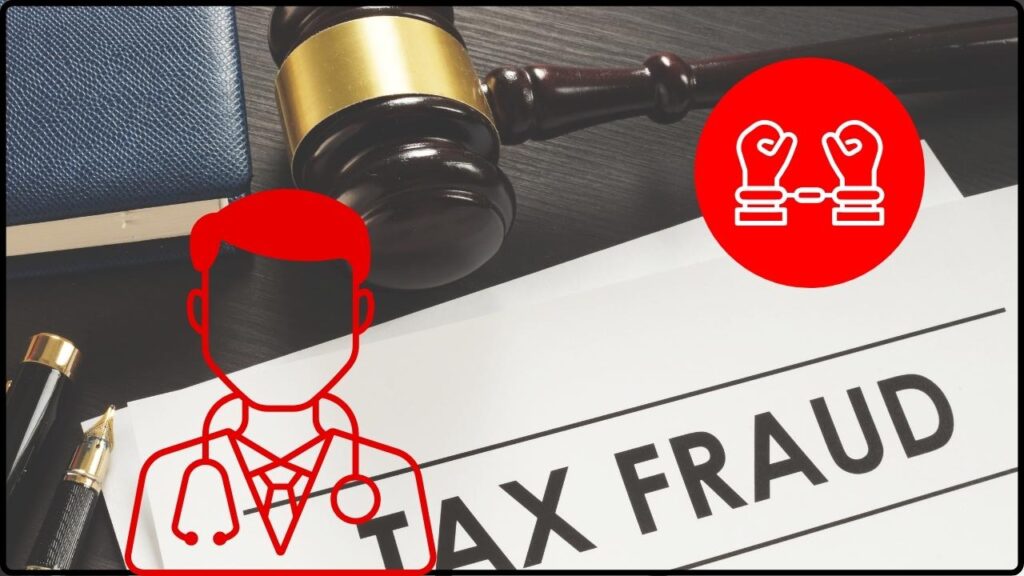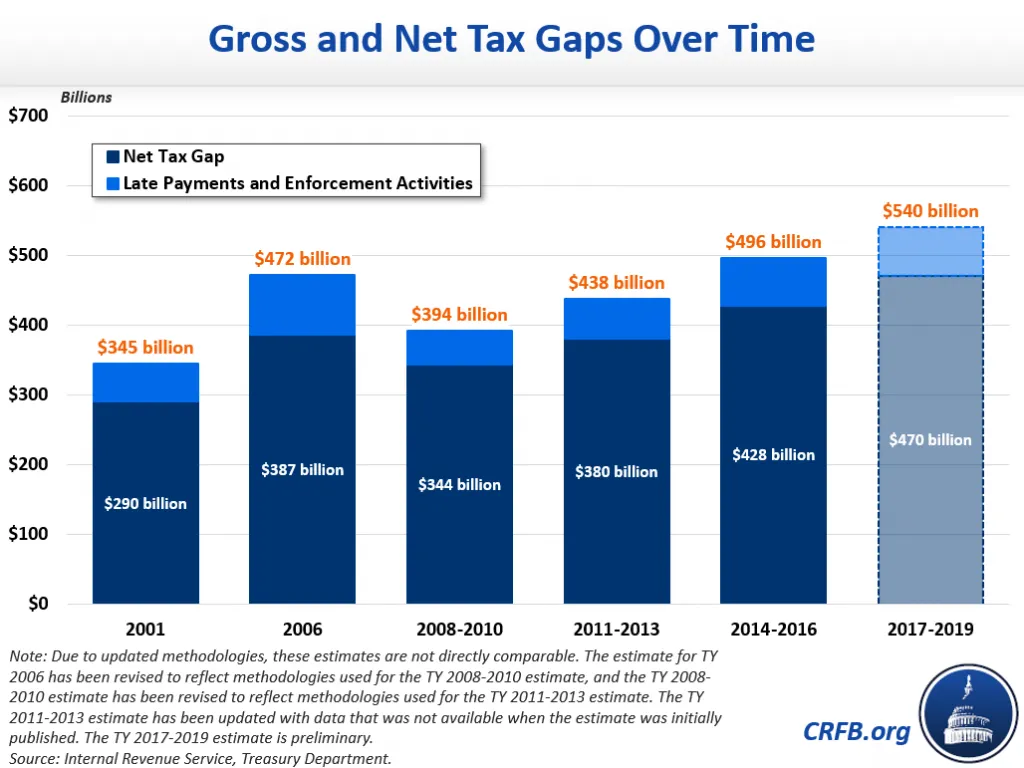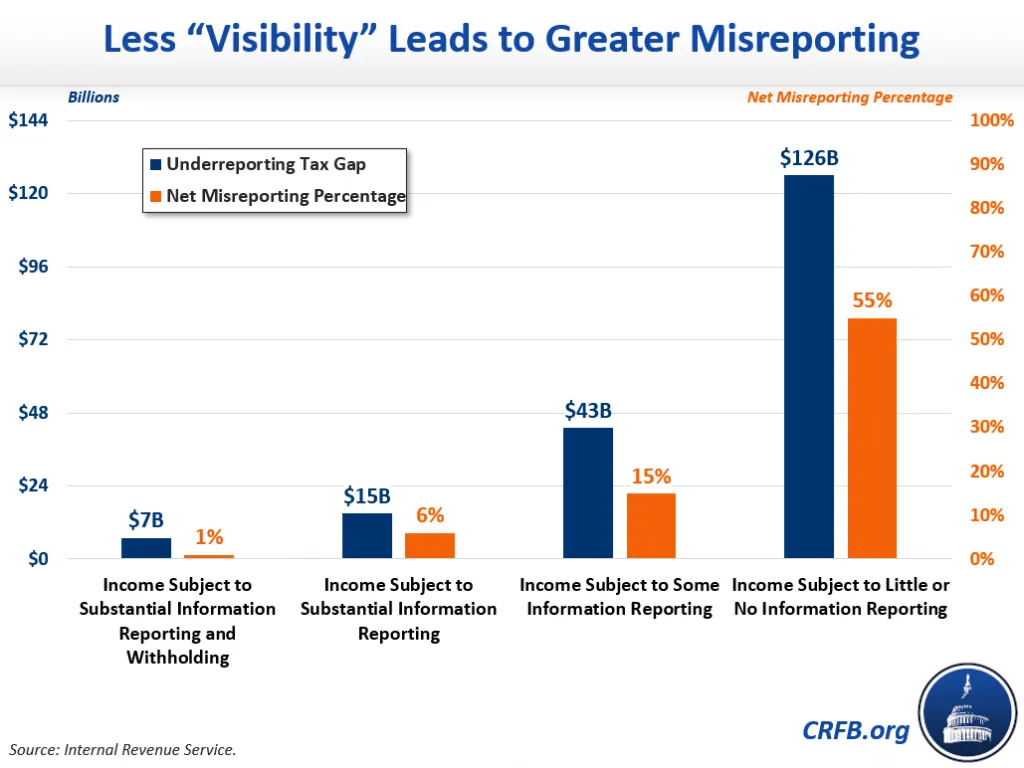
Indian-Origin Doctor From Chicago Sentenced To 34 Months: When you think of doctors, the picture that comes to mind is one of trust, responsibility, and healing. Americans depend on physicians not only for medical treatment but also for honesty and ethical behavior. That’s why the story of Dr. Krishnaswami Sriram, an Indian-origin doctor living in Chicago, has captured headlines across the United States. In August 2025, a federal court sentenced him to 34 months in prison for a scheme involving $1.6 million in tax evasion and Medicare fraud worth nearly $137,000. This case is more than just one doctor’s downfall—it’s a cautionary tale for professionals, taxpayers, and the healthcare industry as a whole.
Indian-Origin Doctor From Chicago Sentenced To 34 Months
The case of Dr. Sriram is more than just one doctor’s mistake—it’s a symbol of how greed erodes trust in vital institutions. While his crimes involved tax evasion and Medicare fraud, the broader lesson is universal: honesty and compliance are not just legal requirements but ethical imperatives. For professionals, this is a warning: shortcuts may offer quick gains, but the long-term costs are devastating. For taxpayers, it’s a reminder to stay vigilant and informed. For the healthcare system, it’s yet another call to strengthen oversight and rebuild trust.
| Category | Details |
|---|---|
| Name | Dr. Krishnaswami Sriram |
| Location | Lake Forest, Illinois (Chicago area) |
| Crimes | Tax Evasion ($1.6M) & Medicare Fraud ($136,980.36) |
| Prison Sentence | 34 months (nearly 3 years) |
| Restitution Ordered | ~$1.7 million |
| Supervised Release | 3 years post-prison |
| Fraud Timeline | 2011–2017 (tax), 2012–2022 (Medicare) |
| Official DOJ Release | justice.gov |
Who Is Dr. Krishnaswami Sriram?
Dr. Sriram built his career as a physician in Lake Forest, Illinois, a well-to-do suburb north of Chicago. Known for his practice that provided home visits to elderly patients, he was often seen as someone who catered to a vulnerable group—seniors who relied heavily on Medicare.
However, his story has a darker side. This isn’t his first encounter with the law. In the early 2000s, Dr. Sriram faced federal investigations into fraudulent medical billing and improper prescribing practices. He served time before and had restrictions placed on his medical license. Despite this, he returned to practicing medicine and rebuilt his career, only to fall back into fraud years later.
For immigrant communities, especially Indian-origin doctors who make up nearly one in seven U.S. physicians, his actions have been viewed with disappointment. While most serve honorably, cases like this create unfair stereotypes that hardworking professionals must fight against.
Indian-Origin Doctor From Chicago Sentenced To 34 Months: Breaking Down the Crimes
Tax Evasion (2011–2017)
The IRS found that Dr. Sriram used multiple schemes to avoid paying what he owed:
- Hiding Assets in Family Names – He transferred rental properties into his children’s names, without their knowledge, but still collected the rent himself.
- Offshore Transfers – He moved about $700,000 to Indian bank accounts. Many tax evaders believe foreign accounts are hidden from the IRS, but international agreements like FATCA (Foreign Account Tax Compliance Act) allow the U.S. to trace overseas assets.
- False IRS Paperwork – He misrepresented his financial situation in “offer in compromise” documents to make it seem like he couldn’t pay.
This resulted in the government losing $1.6 million in taxes, penalties, and interest.
Medicare Fraud (2012–2022)
Medicare fraud was the second part of his crime. Over ten years, he billed the government for services he didn’t provide:
- Claimed to perform house calls for patients who were already hospitalized.
- Submitted claims for patients who had already passed away.
- Billed for long visits that never occurred.
The fraudulent claims added up to $136,980.36. While this number may look small compared to massive multi-million schemes, every fraudulent claim chips away at taxpayer funds meant for seniors.
Sentencing
On August 20, 2025, a federal judge sentenced him to:
- 34 months in federal prison
- Nearly $1.7 million restitution
- 3 years of supervised release after prison
He has been ordered to surrender on November 18, 2025.
Why This Case Matters to America?
This case is not just about one doctor—it’s about the bigger picture.
- For Taxpayers: The IRS estimates the annual “tax gap” is $540 billion. That’s money that could fund schools, roads, and healthcare.
- For Medicare: The Department of Health and Human Services (HHS) reports $60 billion a year is lost to Medicare fraud. That’s enough to provide medical coverage to millions of seniors.
- For Trust in Healthcare: Doctors rank among the most trusted professionals in the U.S. Each fraud case erodes that trust.
The Legal Framework
Tax Evasion Laws
- 26 U.S.C. § 7201 makes it a felony to “willfully attempt to evade or defeat” taxes. Penalty: up to 5 years per count + $250,000 fine.
Medicare Fraud Laws
- False Claims Act (31 U.S.C. §§ 3729–3733) – Allows the government (and whistleblowers) to sue individuals who knowingly submit fraudulent claims.
- Health Care Fraud Statute (18 U.S.C. § 1347) – Criminalizes schemes to defraud health benefit programs.
Enforcement
The government uses:
- Data Analytics: AI tools track unusual billing patterns.
- Whistleblower Rewards: Insiders can receive up to 30% of recovered funds.
- Task Forces: The DOJ and HHS run Medicare Strike Force teams across major cities.

How Tax Evasion Works in Practice?
Think of it like this: If you owe $20,000 in taxes and claim you owe only $5,000, that’s tax evasion. But Dr. Sriram wasn’t just underreporting—he hid money abroad, lied on IRS forms, and shifted property ownership.
IRS investigators follow the money trail:
- They look at bank transfers, both domestic and international.
- They use property records to check ownership changes.
- They cross-reference lifestyle spending with reported income.
This is why evasion schemes eventually fail—the paper trail always catches up.
Understanding Medicare Fraud
Medicare fraud is sometimes called “phantom billing.” Common forms include:
- Phantom Services – Billing for visits never provided (like Sriram’s fake home visits).
- Upcoding – Billing for expensive services when only basic care was provided.
- Kickbacks – Accepting illegal payments for patient referrals.
The National Health Care Anti-Fraud Association estimates healthcare fraud costs the U.S. $68 billion annually.
Impact on the Community
Fraud like this goes beyond numbers:
- Patients: Elderly patients trusted Dr. Sriram. Many may now feel betrayed, raising questions about whether their care was ever genuine.
- Indian-American Community: Indian-origin doctors are vital to U.S. healthcare. One case shouldn’t define the group, but high-profile stories create negative stereotypes.
- Healthcare System: Every dollar wasted on fraud reduces resources for honest providers and real patient needs.
Comparisons With Other High-Profile Cases
- Detroit, 2019: A network of doctors billed $500 million in fraudulent Medicare claims.
- Beverly Hills, 2023: A doctor was convicted for $41 million in fraud.
- Miami, Florida: Long known as a hotspot, with multiple billion-dollar fraud schemes uncovered in the last decade.
Compared to these, Dr. Sriram’s case looks small, but it shows fraud isn’t limited to big networks—it happens in individual practices too.

Practical Advice and Takeaways
For Doctors and Healthcare Providers
- Document everything: Keep accurate, dated patient notes.
- Audit regularly: Independent audits catch mistakes early.
- Stay updated: Medicare rules change often—train staff accordingly.
For Taxpayers
- Respond to the IRS: Ignoring letters worsens penalties.
- Hire professionals: Tax attorneys and CPAs provide legal solutions.
- Explore payment plans: Use IRS programs like installment agreements instead of hiding income.
For Whistleblowers
- Report fraud: Use Medicare.gov or HHS OIG.
- Know the rewards: Whistleblowers under the False Claims Act can earn up to 30% of the recovered money.
Shocking Demand – Should Tax Crimes Lead to Citizenship Denaturalization?
Tampa OnlyFans Star Who Made $5.4 Million Now Charged With Tax Evasion
Indian-Origin US Doctor Jailed 34 Months for $700K Tax Evasion and Medical Fraud










